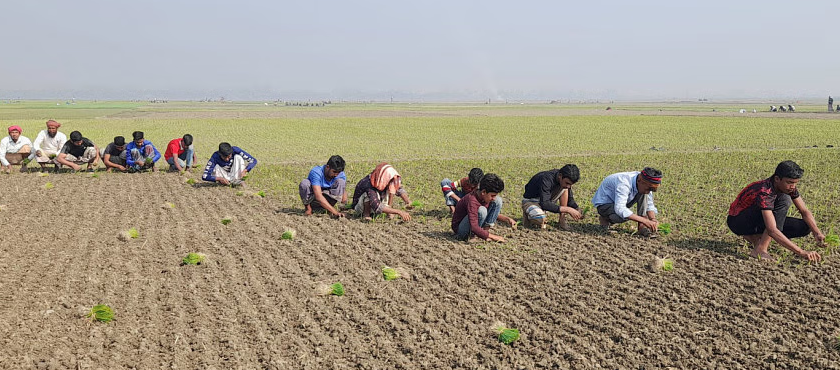Krishna with Flute
Senior Member
- Joined
- Jan 26, 2024
- Messages
- 5,367
- Likes
- 2,952
- Axis Group

We have already stopped buying various agricultural commodities from India. We stopped importing onion from India, started onion imports from Egypt last week and Indian govt. immediately reduced export tariff to 20% from 40% so that Gujaratis can survive. Buyers always hold leverage, not sellers.

India eases onion export restrictions, reduces export duty to 20%
India banned overseas sales of onions in December last year to boost domestic supplies after patchy rains in key states led to a 20% fall in outputwww.tbsnews.net
India has ease the restriction means restrictions are still there and there were stringent restrictions earlier. That is what I say. We have more demand of import from India than we can supply. That is exactly I say. Had we had no demand, we would be giving incentive rather than putting restrictions.










































